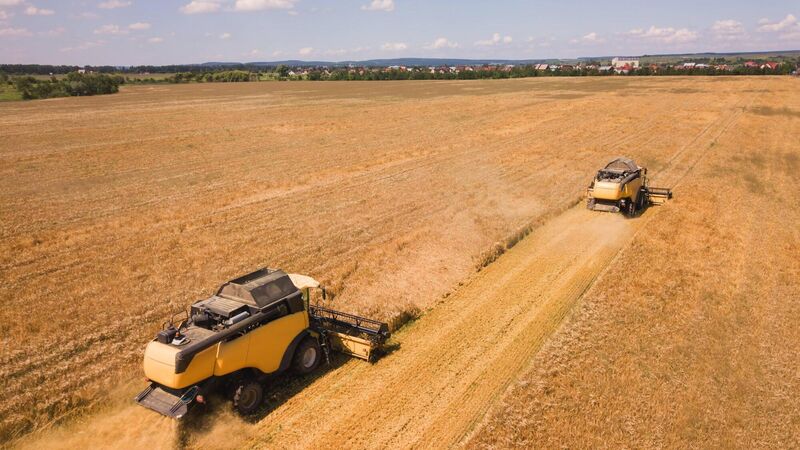Russia’s invasion is tearing apart the global food system

Fertiliser prices have been soaring worldwide amid supply snags and production woes
The global food system is under threat as Russia’s invasion of Ukraine puts one of the world’s major breadbaskets in jeopardy, which means escalating food prices that have already been plaguing consumers around the world could get worse.
The United Nations last week warned that already record global food costs could surge another 22% as war stifles trade and slashes future harvests.











